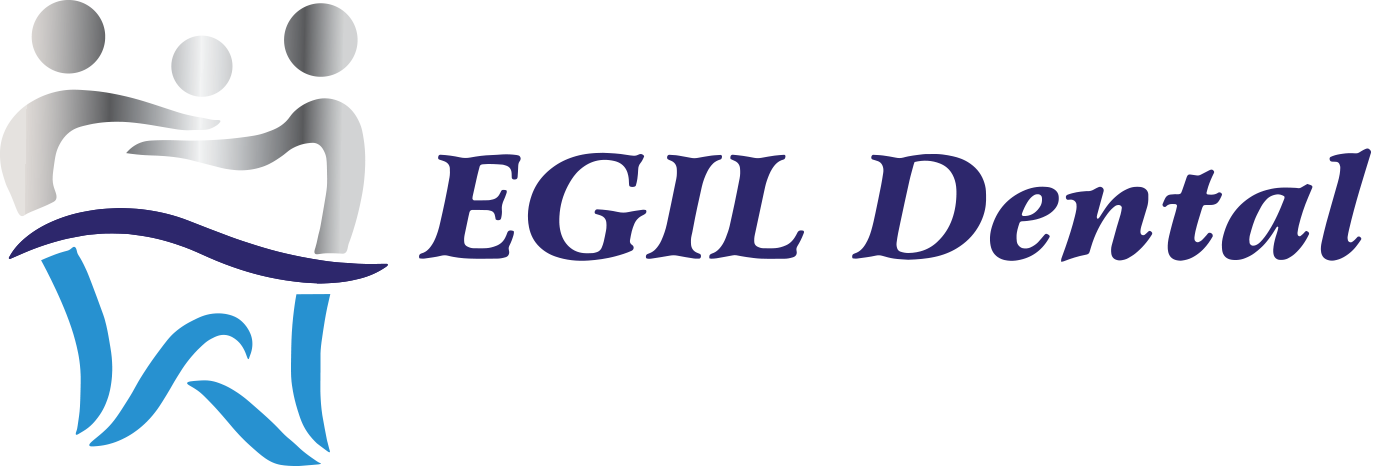Introduction
When it comes to maintaining good oral health, most people focus primarily on the importance of brushing and flossing. While these daily habits are undoubtedly vital, there is another crucial component that often goes overlooked – regular dental cleanings. Beyond giving you a fresh and clean mouth, dental cleanings provide a host of health benefits that can improve your overall well-being. In this article, we will explore the many advantages of dental cleanings and why they should be an essential part of your oral care routine.
The Importance of Dental Cleanings
Dental cleanings, also known as prophylaxis, involve the removal of plaque, tartar, and stains from your teeth. While regular brushing and flossing help prevent the buildup of these harmful substances, they are not enough to eliminate them entirely. Over time, plaque and tartar can accumulate, leading to various dental issues such as tooth decay, gum disease, and bad breath. Professional dental cleanings help remove this buildup, promoting oral hygiene and preventing the development of more severe problems.
1. Prevents Gum Disease
Gum disease, or periodontal disease, is a common oral health condition that affects the tissues surrounding the teeth. If left untreated, it can lead to severe complications, including tooth loss. Regular dental cleanings play a significant role in preventing gum disease by removing plaque and tartar buildup, which are primary contributors to this condition. Additionally, during the cleaning process, your dentist or dental hygienist will check for any signs of gum disease, allowing for early detection and intervention.
2. Reduces Risk of Heart Disease and Stroke
Believe it or not, poor oral health has been linked to an increased risk of heart disease and stroke. Studies have shown that the bacteria associated with gum disease can enter the bloodstream, causing inflammation and potential damage to the cardiovascular system. By getting regular dental cleanings, you can decrease the presence of harmful bacteria in your mouth, reducing the risk of these serious cardiovascular conditions.
3. Enhances Overall Health
Oral health is closely connected to overall health, with many medical conditions having links to poor oral hygiene. Regular dental cleanings help maintain oral health by preventing gum disease, tooth decay, and infections. In turn, this reduces the risk of various health issues such as diabetes, respiratory disorders, and complications during pregnancy. By investing in dental cleanings, you are not only preserving your smile but also protecting your overall well-being.
4. Detects Oral Cancer
Oral cancer is a potentially life-threatening condition that often goes unnoticed until it reaches an advanced stage. However, during routine dental cleanings, your dentist will examine your mouth for any signs of oral cancer, allowing for early detection and timely treatment. This emphasizes the crucial role dental cleanings play in not just oral health but also in potentially saving lives.
The Frequency of Dental Cleanings
Now that you understand the numerous benefits of dental cleanings, you might be wondering how often you should schedule these visits. Ideally, it is recommended to have a dental cleaning every six months. However, some individuals with specific dental conditions or a history of gum disease may require more frequent cleanings. It is best to consult with your dentist to determine the optimal schedule for your unique needs.
Conclusion
While the quest for fresh breath and a sparkling smile may prompt you to adhere to your brushing and flossing routine, do not underestimate the power of regular dental cleanings. Beyond ensuring freshness, dental cleanings provide a multitude of health benefits, including preventing gum disease, reducing the risk of heart disease and stroke, enhancing overall health, and detecting oral cancer. By making dental cleanings a priority in your oral care routine, you are investing in your oral health and your general well-being.

